Vietnam has been a member country of the Memory of the World Program for 18 years. However, domestically, documentary heritage still lacks a legal framework to protect and promote its value. The proposal to include documentary heritage in the Law on Cultural Heritage (amended) this time aims to overcome the shortcomings when this type of heritage is not yet regulated in the legal system of Vietnam.
Conservation challenges
The World Documentary Heritage (also known as the Memory of the World Program) of UNESCO was established in 1994. The purpose of the program is to record cultural heritage in the form of documents (Documentary Heritage) in the world, which can be books, films, photographs, voices (recordings), or handwriting... According to UNESCO's definition, documents are the heritage of the past left to the world in the present and the future. Letting heritage sleep in admiration is also a waste. And conversely, awakening heritage not only strengthens the bond between the present and the past but also strengthens national culture - the driving force for development.

Woodblocks of Vinh Nghiem Pagoda are not subject to the current Law on Cultural Heritage.
In 2006, Vietnam officially joined the UNESCO Memory of the World Program. Up to now, we have had 9 documentary heritages honored, including 3 world documentary heritages and 6 documentary heritages in the Asia- Pacific region.
Among the 9 documentary heritages of Vietnam recognized by UNESCO, there are 3 world documentary heritages: Woodblocks of the Nguyen Dynasty, Royal Records of the Nguyen Dynasty, and Doctoral Steles of the Temple of Literature. 6 documentary heritages of the Asia- Pacific region include: Woodblocks of Vinh Nghiem Pagoda; Literature and poetry on Hue royal architecture; Ghost stele at Ngu Hanh Son scenic spot, Da Nang; Woodblocks of Phuc Giang school; Royal envoy's report; Han Nom documents of Truong Luu village, Ha Tinh (1689-1943). These documentary heritages - voices from memory - are being preserved, conserved and spreading their values, taking root in today's life.
However, in the work of conservation and preservation, these heritages are still "outside" the provisions of the Law on Cultural Heritage. According to experts, documentary heritages are hundreds of years old, and it is very difficult to preserve them intact for a long time. Investment funds are low compared to actual needs. Experts understand that transcription and translation are too little and they also have little time to spend on this. Therefore, the Ministry of Culture, Sports and Tourism needs to propose to soon issue regulations and institutions to preserve and promote the above heritages effectively.
Dr. Nguyen Manh Cuong, Director of the Department of Culture and Sports of Ninh Binh province, said that currently, in Ninh Binh, thousands of royal decrees dating from the Later Le to the Nguyen dynasties, land registers, sacred relics - sacred genealogies, wooden blocks of scriptures, genealogies... are kept at relics, private homes, and family temples, including heritages that have not been properly preserved, many documents have degraded and rotted; protection work is still facing many difficulties, leading to the phenomenon of theft that has not been recovered. Meanwhile, the current Law on Cultural Heritage does not have regulations to define, identify, register as well as measures to protect, preserve and promote the value of documentary heritage. Therefore, Ninh Binh must apply regulations on the protection of relics and antiquities at relics and scenic spots to protect and promote the value of documentary heritage in the province.
Mr. Cuong said that the work of managing, protecting and promoting the value of documentary heritage is posing significant challenges for the local cultural sector.
For Bac Giang , where the Vinh Nghiem Pagoda Woodblocks heritage is preserved, recognized by UNESCO as a Documentary Heritage of the Asia-Pacific region in 2012, the challenge of preserving this heritage is not small.
In 2017, from local and socialized resources, Bac Giang province built a house to preserve and display woodblocks of Vinh Nghiem pagoda with a budget of nearly 30 billion VND. Since then, there has been no additional funding for heritage protection because woodblocks are not regulated in any content of the current Law on Cultural Heritage.
Similarly, the 82 doctoral steles at the Temple of Literature - Quoc Tu Giam have been recognized as a World Documentary Heritage since 2011, but current Vietnamese legal documents do not specify what type of heritage this is. Thus, there is a legal gap in identifying and naming heritage, thereby causing inadequacies in management.

Overcoming the shortcomings
In Chapter V of the Draft Law on Cultural Heritage (amended), the provisions on "Protection and promotion of the value of documentary heritage" (from Article 84 to Article 95) have included documentary heritage in the Law. Accordingly, Chapter V includes the following contents: Classification of documentary heritage; Inventory and registration of documentary heritage in the National List and UNESCO; Procedures, order and authority to decide to remove registered documentary heritage from the National List and UNESCO List of documentary heritage; Principles of management, protection and promotion of the value of documentary heritage after being registered; Bringing registered documentary heritage for exhibition, research or preservation domestically, abroad and from abroad to the country; Rights and responsibilities of direct owners to manage, protect and promote the value of documentary heritage... According to the Ministry of Culture, Sports and Tourism, this new chapter ensures unity in state management of cultural heritage. This is expected to effectively contribute to the preservation, conservation and promotion of the value of this type of heritage.
In the draft of the Law on Cultural Heritage (amended) that is currently soliciting opinions, the Ministry of Culture, Sports and Tourism (MCST) said that many countries have regulations on documentary heritage in the Law on Cultural Heritage such as France, Spain, Japan, Korea...
At many seminars and discussions to contribute ideas to the Draft Law, the issue of preserving and promoting the value of documentary heritage also received much attention and comments from experts.

The 82 doctoral steles in the Temple of Literature - Quoc Tu Giam are not included in the regulations as any type of heritage.
According to Mr. Nguyen Si Cam, Deputy Director of the Department of Culture, Sports and Tourism of Bac Giang province, the lack of regulations on documentary heritage in the Law on Cultural Heritage has caused many difficulties in protecting and promoting heritage values. Therefore, adding content on documentary heritage to the Law on Cultural Heritage (amended) is extremely necessary so that the community, agencies and units have a way to identify, manage, protect and promote heritage values.
Ms. Le Thi Thu Hien, Director of the Department of Cultural Heritage (Ministry of Culture, Sports and Tourism) said that the issue that needs to be considered is the intersection and overlap between the Law on Cultural Heritage and the draft Law on Archives. One subject in the draft Law on Archives is archival documents of special value, which also overlaps with the group of archival documents of special value recognized as national treasures. Therefore, the Government has assigned the Ministry of Culture, Sports and Tourism and the Ministry of Home Affairs to unify criteria to ensure clear distinction.
Obviously, the inclusion of documentary heritage in the Law on Cultural Heritage (amended) is an urgent need to preserve and promote the value of these heritages in the most effective way. Along with other types of heritage, documentary heritage is an invaluable asset reflecting the creative achievements of the country and people through different periods. Therefore, in order for documentary heritage to be able to tell "historical stories" of our ancestors in a vivid and familiar way, there needs to be a clear legal corridor in preserving and promoting the value of heritage./.
Red River
Source: Law on Cultural Heritage (amended): Documentary heritage will be protected by legal tools (bvhttdl.gov.vn)Source



![[Photo] Prime Minister Pham Minh Chinh chairs meeting on nuclear power plant construction](https://vphoto.vietnam.vn/thumb/1200x675/vietnam/resource/IMAGE/2025/10/22/1761137852450_dsc-9299-jpg.webp)
![[Photo] Da Nang: Shock forces protect people's lives and property from natural disasters](https://vphoto.vietnam.vn/thumb/1200x675/vietnam/resource/IMAGE/2025/10/22/1761145662726_ndo_tr_z7144555003331-7912dd3d47479764c3df11043a705f22-3095-jpg.webp)


![[Photo] Award Ceremony of the Political Contest on Protecting the Party's Ideological Foundation](https://vphoto.vietnam.vn/thumb/1200x675/vietnam/resource/IMAGE/2025/10/22/1761151665557_giaia-jpg.webp)


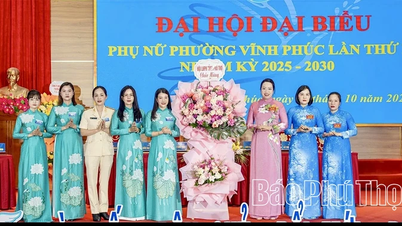
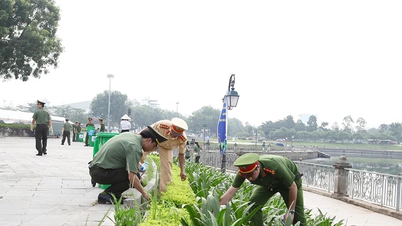







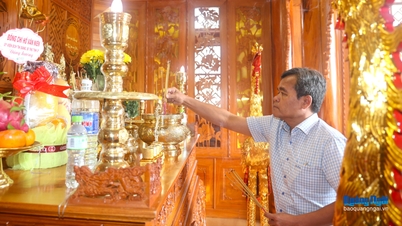
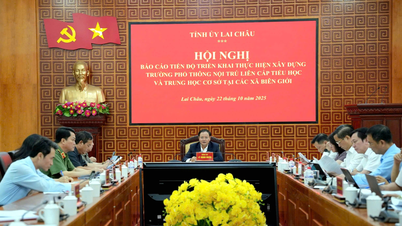
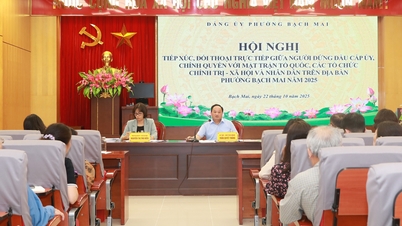
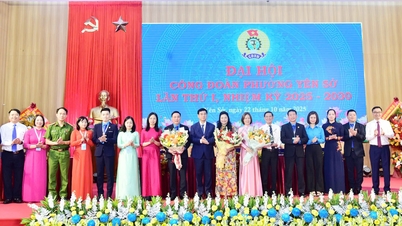
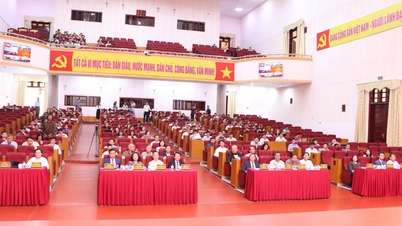
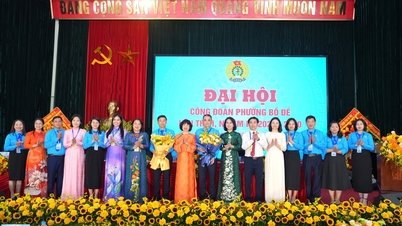









































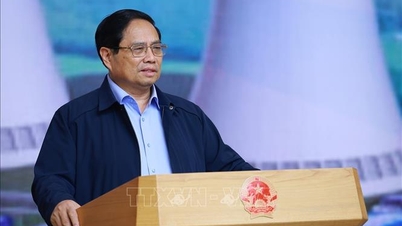

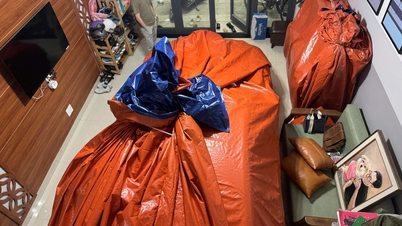
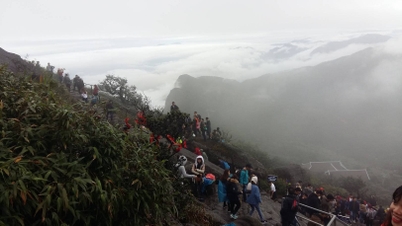

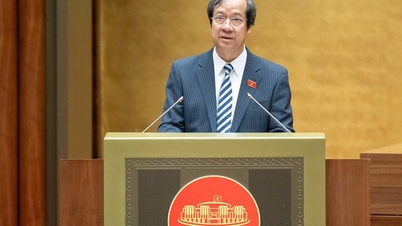

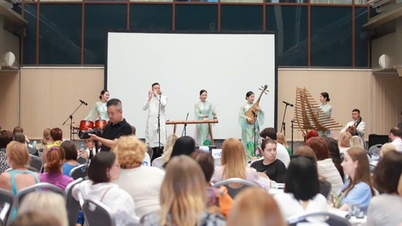
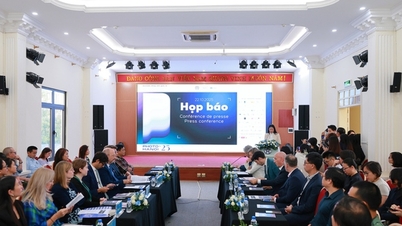

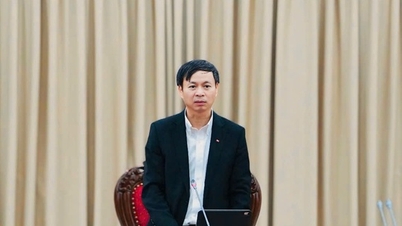




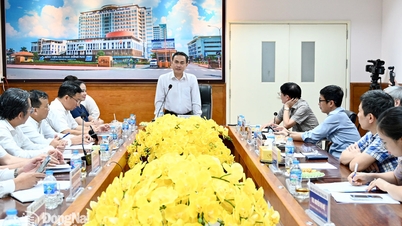




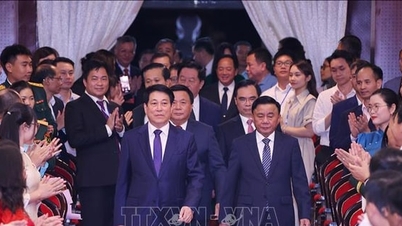











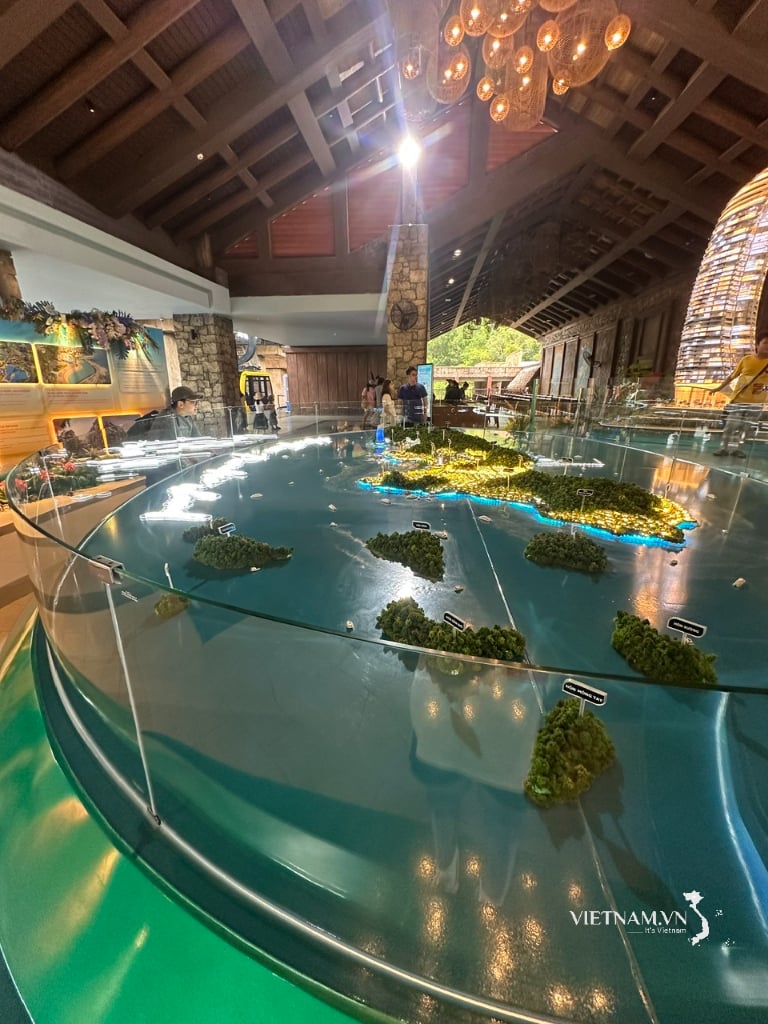



Comment (0)